Deputy Prime Minister Tran Hong Ha chaired a meeting to listen to reports and give opinions on the draft Decree on the establishment and organization of the National Housing Fund - Photo: VGP/Minh Khoi
According to the report of the Ministry of Construction , the Draft Decree aims to promote the development of social housing, helping low-income people have the opportunity to access suitable housing, associated with the completion of the goal of implementing the Project "Investing in the construction of at least 1 million social housing apartments for low-income people and industrial park workers in the period 2021 - 2030".
The National Housing Fund will contribute to balancing supply and demand, adjusting the structure of real estate goods, thereby reducing the cost of the commercial housing segment, helping the real estate market develop more stably and healthily; creating long-term, sustainable resources for housing development.
The drafting of the Decree must ensure that it correctly regulates the assigned content in Resolution No. 201/2025/QH15, strictly complies with the authority, form, order and procedures for developing and promulgating legal documents; ensures feasibility, economy and efficiency; promotes decentralization and delegation of power; has the inheritance, stability and development of the legal system on housing; and limits the emergence of administrative procedures.
Deputy Minister of Construction Nguyen Van Sinh reports at the meeting - Photo: VGP/Minh Khoi
The Draft Decree stipulates the establishment, legal status and operation of the National Housing Fund under the model of a public service unit, including the Central Housing Fund and the Local Housing Fund.
The Fund's objective and function is to invest in construction and create housing for rent according to regulations.
The operating capital of the Central Housing Fund is formed from the state budget, receiving voluntary support, contributions from domestic and foreign organizations and individuals; and other legally mobilized sources.
The Draft Decree has fully delegated power to localities in establishing, deciding on the rate of deduction of money and initial charter capital, and additional charter capital to the Local Housing Fund.
The Fund directly manages and operates the housing or hires a management and operation unit.
The National Housing Fund is for rental purposes only and operates as a non-profit.
Deputy Minister of Finance Do Thanh Trung speaks - Photo: VGP/Minh Khoi
Further clarifying the Draft Decree, Deputy Minister of Finance Do Thanh Trung said that the decree was developed to implement the pilot policy under Resolution No. 201/2025/QH15, which defines the National Housing Fund as only serving rental purposes, operating non-profitably, having legal status and being an extra-budgetary financial fund. The Fund is not allowed to spend on tasks that are already guaranteed by the budget. The State will provide initial charter capital, then mobilize more from many other sources such as local, sponsor and related projects.
Regarding the organizational model, the Ministry of Finance believes that public service units are the most suitable in the current conditions, thanks to a clear legal framework, the ability to implement smoothly, and both ensuring budget support and creating cash flow from leasing for reinvestment. Practices in Ho Chi Minh City and Hanoi show that there are effective housing development funds, but each place follows a different model. This requires choosing a unified, feasible model nationwide.
In addition, the Ministry of Finance proposed that the decree should ensure flexibility for localities, avoid rigidly applying a single model, and at the same time minimize the creation of additional administrative apparatus.
At the meeting, Vice Chairman of the Ho Chi Minh City People's Committee Bui Xuan Cuong shared the operational experience of the Ho Chi Minh City Housing Fund. Over 20 years of operation, this fund has supported nearly 7,000 borrowers to buy houses, disbursing more than VND 3,800 billion from the charter capital of VND 1,600 billion, proving its efficiency and sustainability. Mr. Bui Xuan Cuong proposed to supplement resources from the remaining resettlement housing fund, giving localities flexible rights in capital mobilization, asset use and implementation of specific housing policies.
Representatives of the Hanoi People's Committee agree with the goal of establishing a Housing Fund - Photo: VGP/Minh Khoi
Representatives of the Hanoi People's Committee agreed with the goal of establishing a National Housing Fund, considering it an important tool to develop rental housing, but need to balance the goals of social security and financial efficiency; at the same time, take advantage of local housing management units, instead of establishing a new organization.
At the meeting, representatives of the Ministry of Home Affairs and the Ministry of Justice said that the drafting agency needs to continue clarifying the model of organization and operation of the National Housing Fund, the scope of application to the Central Fund and the Local Fund; supplementing the Management Council mechanism; clearly regulating capital management, distinguishing between voluntary support sources with and without a purpose; specifying the legal mechanism on land allocation and procedures for transferring social housing to ensure feasibility and transparency in implementation.
A representative of the Vietnam Real Estate Association speaks - Photo: VGP/Minh Khoi
Highly agreeing with the policy of establishing a National Housing Fund to support workers, civil servants and laborers renting houses, the leader of the Vietnam General Confederation of Labor proposed that the decree should clearly stipulate 3 issues: Mechanism for forming a housing fund (self-construction, repurchase, funding through enterprises or hiring other units to build); management and operation methods (self-management, hiring enterprises, or handing over to localities); and capital mobilization (from the State, society, as well as rental income for reinvestment).
The governance mechanism must be business-oriented, strict and effective.
Concluding the meeting, Deputy Prime Minister Tran Hong Ha emphasized that workers' access to housing remains very difficult. Meanwhile, the Project "Investing in the construction of at least 1 million social housing apartments for low-income earners and industrial park workers in the 2021-2030 period" when completed will only meet a small part of the demand. Therefore, the implementation of the housing rental policy is practical and in line with reality.
The Deputy Prime Minister stated that the establishment and organization of the National Housing Fund is an urgent task with great pressure, but must be carried out in the next few years - Photo: VGP/Minh Khoi
The National Housing Fund is not only about creating housing from purchasing social housing and commercial housing, but also about investing in building social housing, technical infrastructure and social infrastructure for social housing projects. Therefore, the operating mechanism needs to be carefully researched, methodical and long-term, not to fall into a state of formality.
Accordingly, the National Housing Fund must separate the housing fund and the financial fund at both the central and local levels; have a mechanism to attract, mobilize capital, and allocate resources reasonably, while ensuring close coordination between the central and local levels.
Regarding the management model, the Deputy Prime Minister said that it is not necessary to set up a new apparatus, but can be assigned to existing institutions such as housing development investment funds in Hanoi and Ho Chi Minh City, while at the same time encouraging organizations such as the Vietnam General Confederation of Labor and large enterprises to participate in building rental housing.
The Deputy Prime Minister noted that careful consideration must be given to the management mechanism to attract high-quality human resources capable of managing capital of thousands of billions of dong. The management mechanism must be business-oriented, strict and effective, avoiding operating according to a rigid career model.
According to the Deputy Prime Minister, the capital for the fund can come from many channels: 20% of land fund in commercial housing projects; surplus resettlement housing fund; central budget, local budget; as well as accumulated resources from the leasing process. All must be clearly regulated, operated flexibly, capital must be circulated, avoiding the situation where houses are completed but there are no tenants, leading to waste.
To create long-term, sustainable resources, the Deputy Prime Minister suggested that the drafting agency study a plan to use 20% of land fund from unused commercial housing projects and resettlement housing funds, while allowing capital accumulated from leasing activities to be recycled back into the fund.
Housing Fund housing areas must be located within urban planning, have synchronous infrastructure, appropriate rental prices, and are considered long-term public assets. Construction and management can be assigned to large state-owned enterprises or the General Confederation of Labor for worker housing and dormitory projects, according to the principle of "whoever is assigned, that person is responsible, and when the construction is completed, there must be tenants".
The Deputy Prime Minister stated that the establishment and organization of the National Housing Fund is an urgent task with great pressure, but must be carried out in the next few years, ensuring feasibility, linking with actual needs, having a flexible management mechanism and avoiding waste.
Minh Khoi
Source: https://baochinhphu.vn/xay-dung-quy-nha-o-quoc-gia-thuc-chat-kha-thi-dap-ung-nhu-cau-cua-nguoi-lao-dong-102250925140718442.htm


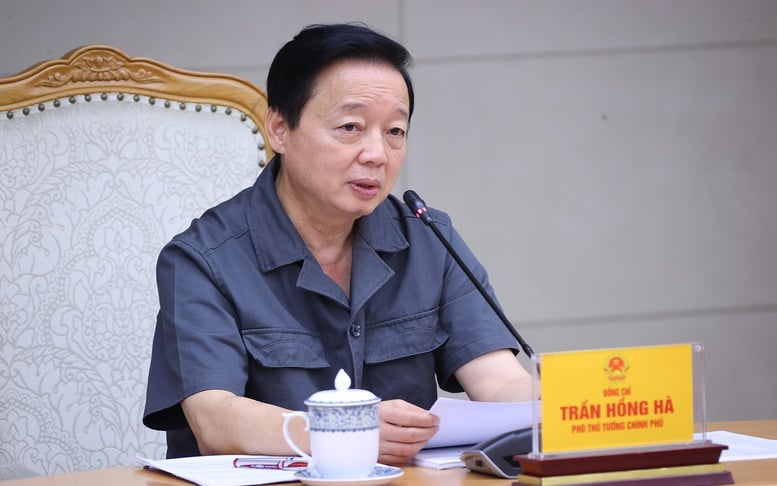
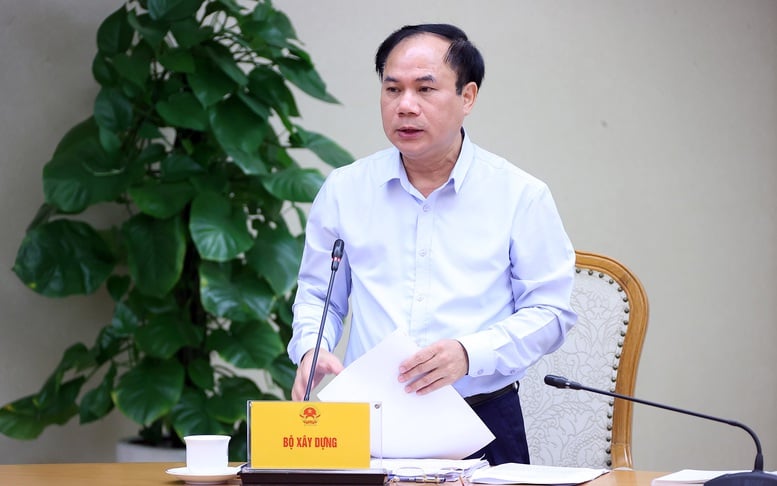
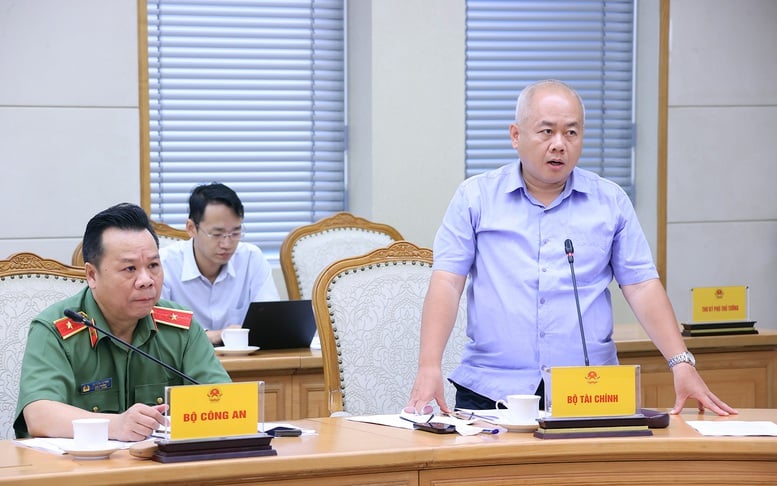
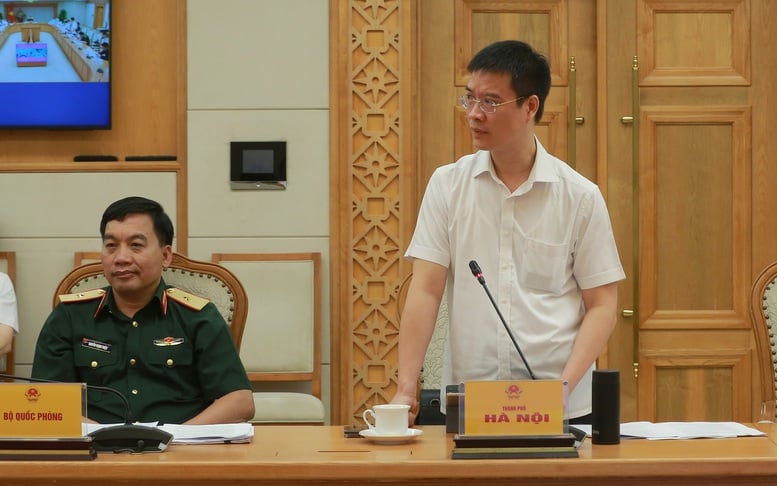
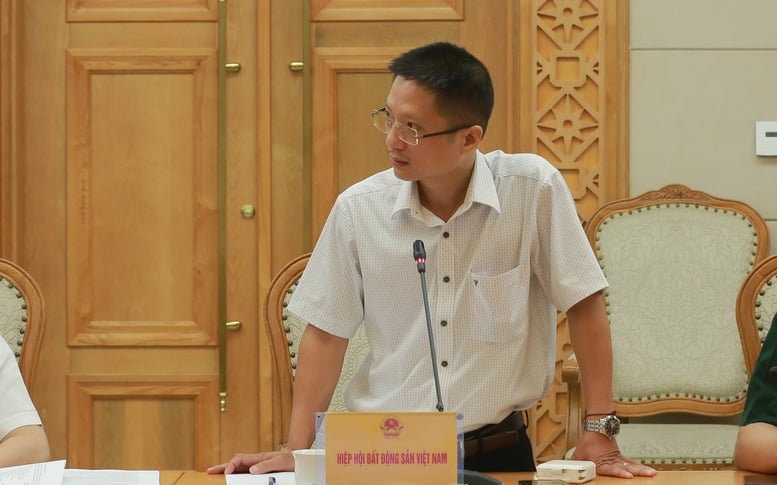
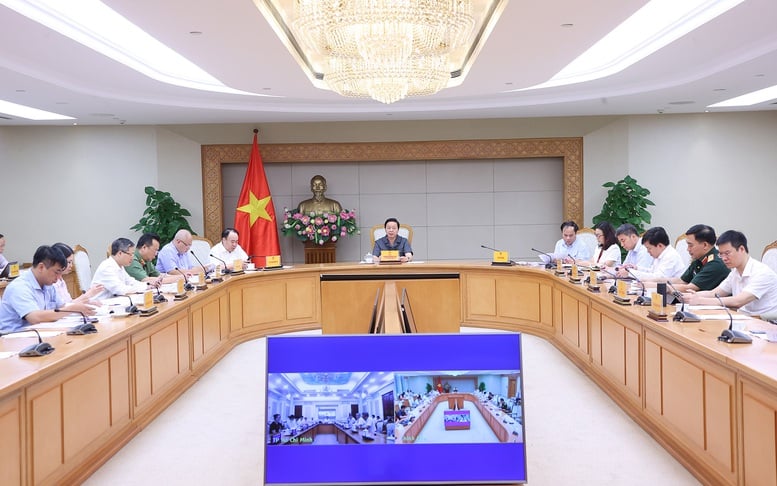












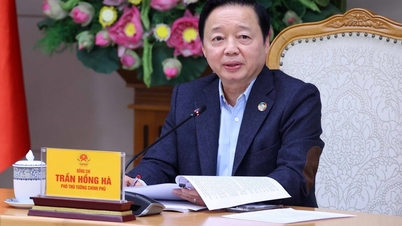

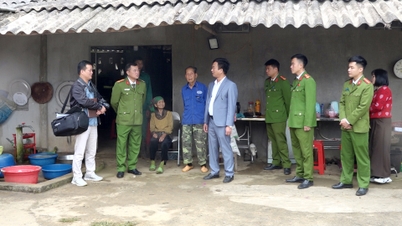
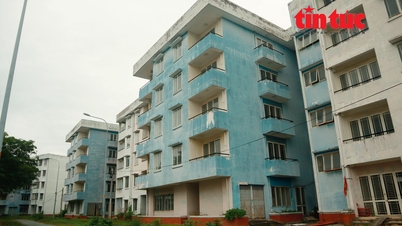
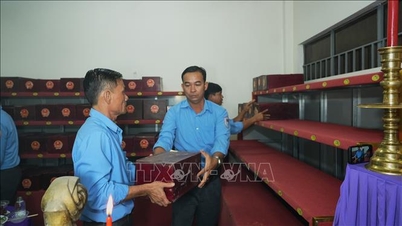



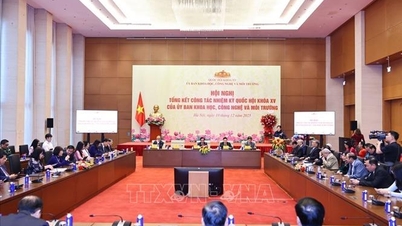







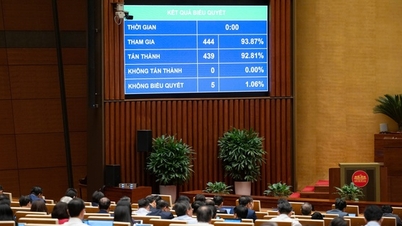

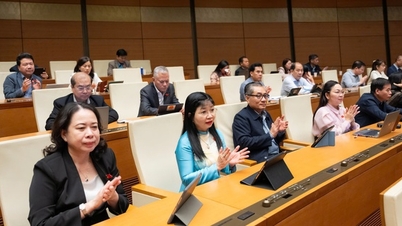
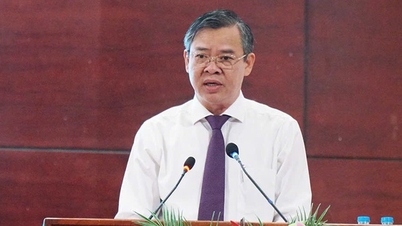






![[Video] The craft of making Dong Ho folk paintings has been inscribed by UNESCO on the List of Crafts in Need of Urgent Safeguarding.](https://vphoto.vietnam.vn/thumb/402x226/vietnam/resource/IMAGE/2025/12/10/1765350246533_tranh-dong-ho-734-jpg.webp)




































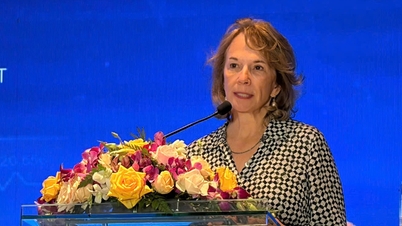









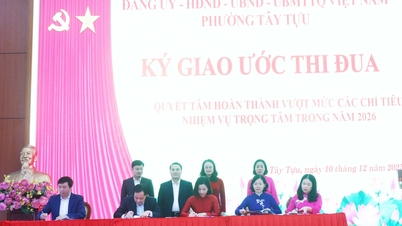
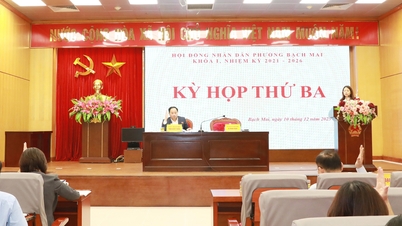
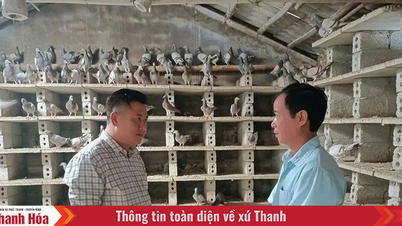























Comment (0)